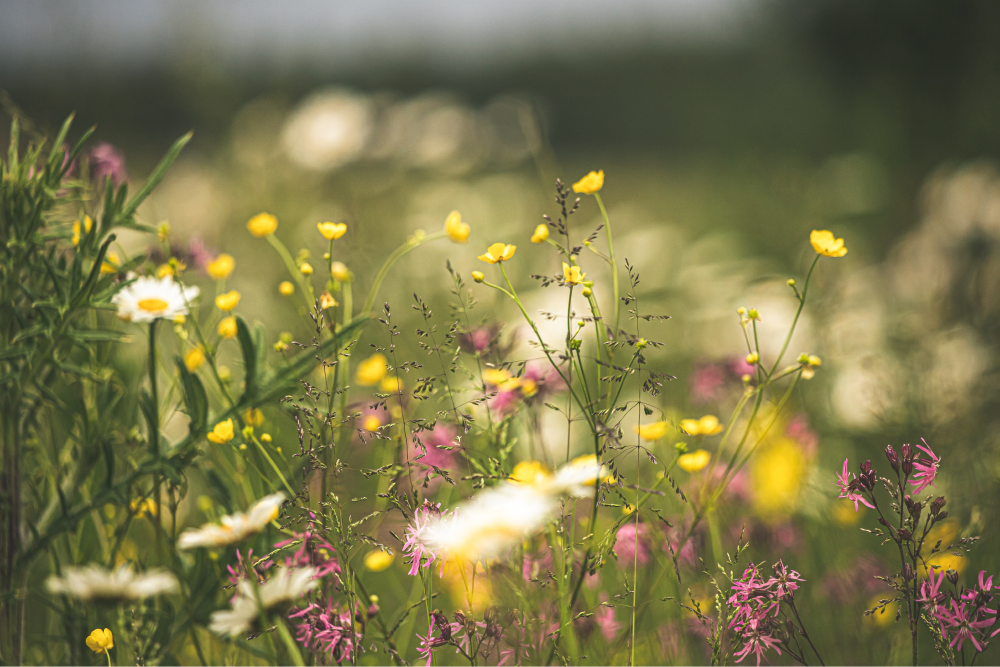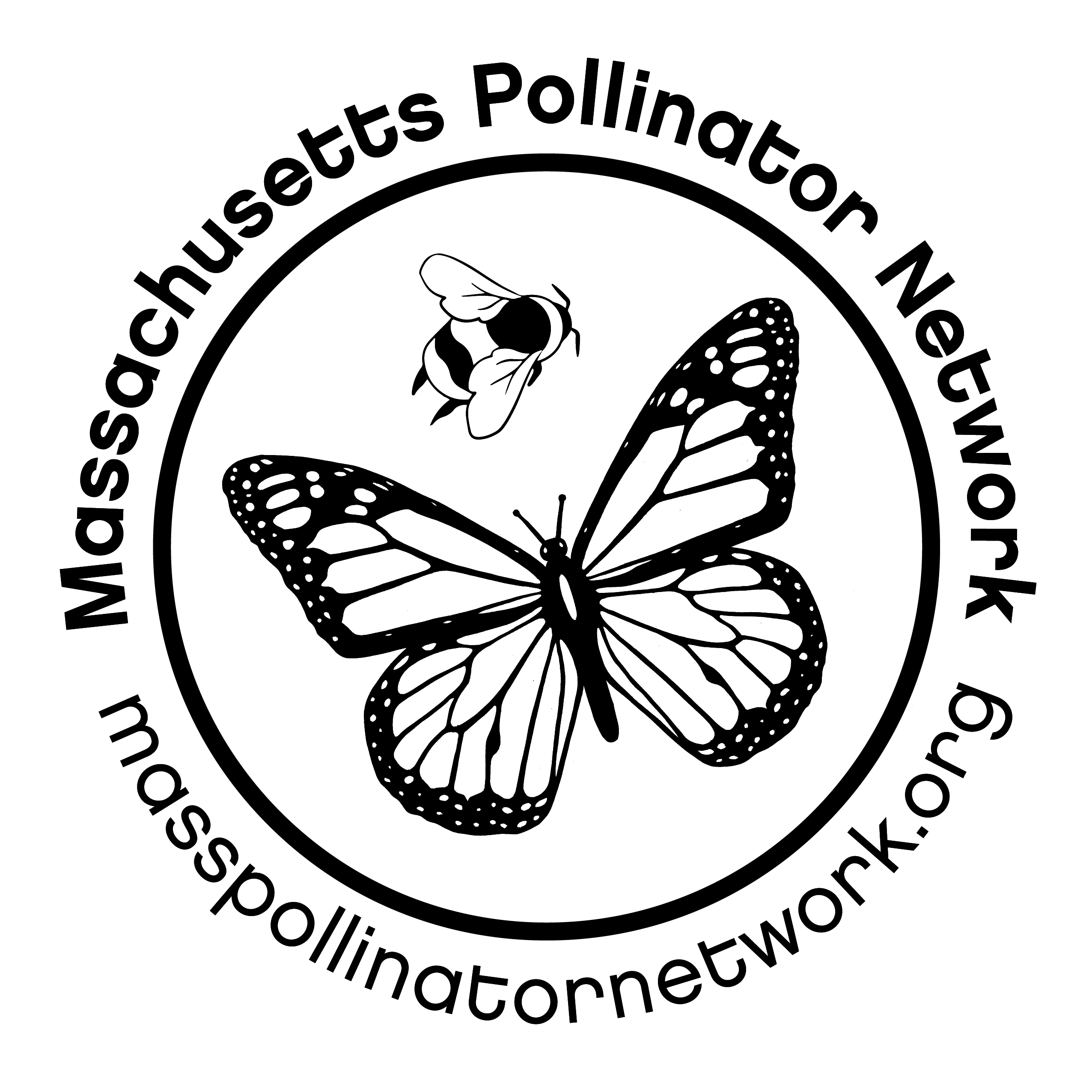Monthly Meeting of the Massachusetts Pollinator Network

The Mass Pollinator Network hosts monthly meetings for participants from across the state to exchange knowledge, ideas, and updates about local actions. This is a great opportunity to network and meet people with shared interests. Whether you’re a seasoned community organizer or new to pollinator protection concerns, all are welcome!
We have a chance to make a real change in how plants are labeled so we can be confident that they do not have pesticides. There is proposed legislation by Senator Merkley of Oregon to create USDA pollinator-friendly plant labels. To receive the label, plants would be required to be native and not treated with pesticides. This is a terrific step in reducing the pesticides that go onto plants, especially native ones. However, there are currently only seven co-sponsors of this bill!
We need your help to get Senators Warren and Markey – or your senators if you are not in Massachusetts – to co-sponsor. Calls and emails are especially effective. (Click on their name for phone numbers and online contact forms). If you are lucky enough to be a constituent of any of the co-sponsors, you can always thank them, as well.
The ask to our senators is simple: please co-sponsor Senator Merkley’s bill S.2199: A bill to amend the Agricultural Marketing Act of 1946 to establish a pollinator-friendly plant labeling program. If you choose to elaborate on why this is important, even better!
The more constituents they hear from, the more they will understand how important this is. So, please pass this email along to your networks — your gardening friends, fellow pollinator advocates, and organizations you are a part of — to help spread the word and put the pressure on our Senators to co-sponsor this important bill.
All the Buzz on the NOFA Summer Conference!
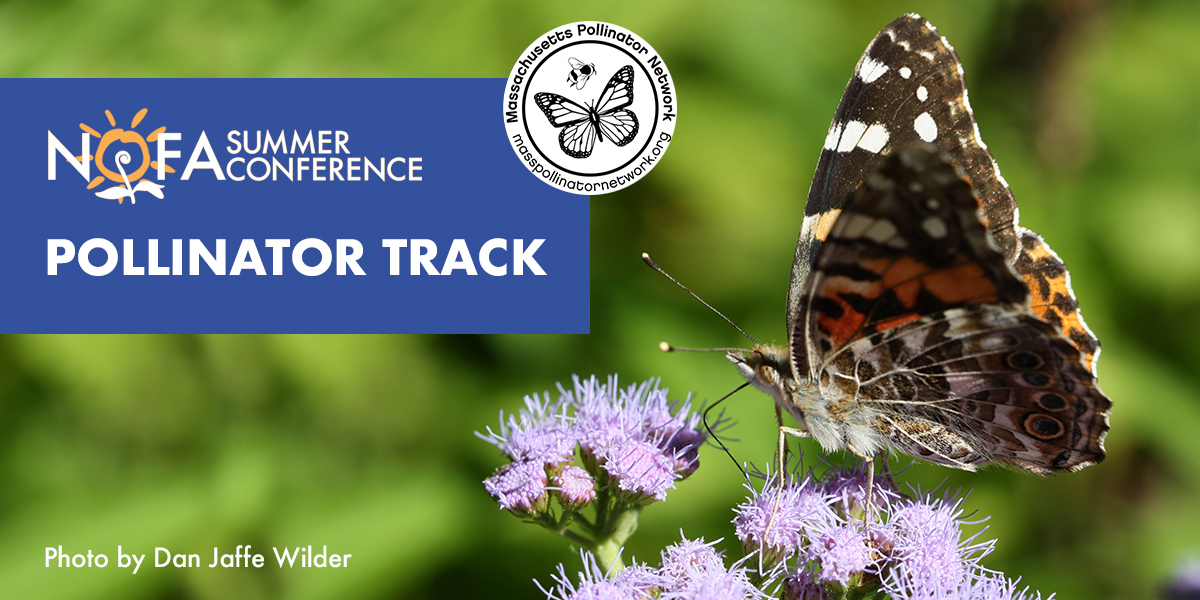
The summer conference pollinator track started off with a terrific presentation by Owen Wormser of Abound Design on how to turn lifeless lawns into vibrant meadow habitat. James Lowenthal, light pollution expert, explained how dark skies are so important to pollinators and how the role of blue/excess light impacts crop growth and production, as well as plant physiology. Pete Ellis and Emily Ahlstedt of Recover Green Roofs opened up a whole new world of potential habitat as they showed how rooftops need to be the next frontier in habitat creation, especially in urban areas. Uli Lorimer of the Native Plant Trust outlined the compelling reasons for planting native plants, described the ways they can benefit farmers, and outlined the plans the Native Plant Trust has to build a network of farmers and others to produce native seed and plants. MAPN’s own steering committee member, Heidi Dollard, presented on invasive plants and why managing them is such an important piece of the puzzle, and then Heidi joined Fred Beddall of Pie in the Sky Berry Farm and Erin Treanore of the Tufts Pollinator Initiative for a panel to discuss why agricultural land can be valuable pollinator habitat.
The pollinator track provided a well-rounded look at the challenges pollinators face and potential solutions we have to work with to protect the very foundation of our food web. Thank you to everyone who presented or attended to share information and spread the word.
Neonicotinoid Bill Gets Renewed Attention
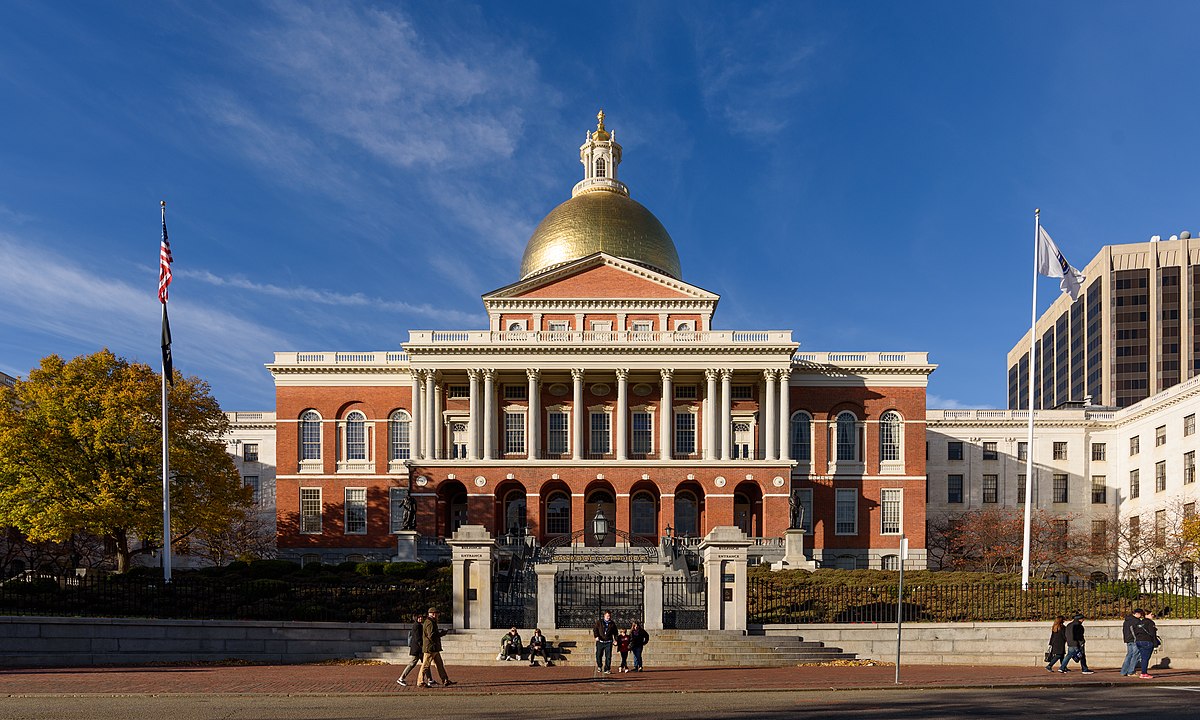
When pollinator champion Rep. Carolyn Dykema left the MA legislature, it was unclear who would take her place. The representative who took over her seat for the Middlesex 8th, James Arena-DeRosa, may very well be just the person! Rep. Dykema’s neonic ban bill, H.763 “An Act to Protect Pollinators”, was a success in that neonics are now banned for consumer uses but there is still much work to be done to protect pollinators.
(To learn about why neonics are so harmful to pollinators, see below).
Now Rep. Arena-DeRosa is taking the same bill (with a new number – H.742) and continuing Rep. Dykema’s work to protect pollinators from these dangerous chemicals. The bill includes language requiring licensed applicators to inform property owners about the harmful effects of neonics on pollinators and requires the Dept. of Transportation to identify opportunities to replace non-native plants with native species around DOT property and under solar installations, in an attempt to increase pollinator habitat.
There is more good news: there is now precedent on pesticide regulation. New York State legislators just passed the “Birds and Bees” bill that “prohibits the sale of certain pesticides or use of seeds coated with such pesticides; requires the department of environmental conservation to review the latest scientific information concerning certain pesticide active ingredients.”
In Nevada, Governor Lombardo recently signed a law prohibiting neonic pesticides from all non-agricultural uses, including by homeowners, golf courses, and certified applicators. And in New Jersey, Governor Murphy signed a groundbreaking bill that prohibits outdoor, non-agricultural neonicotinoid use. The bill bans up to 70% of neonics currently used in the state, and it received bipartisan support.
So how can you help get H. 742 passed? Reach out to your state representative as soon as you can and ask them to sign onto Rep. Arena-DeRosa’s bill. If you are in Rep. Arena-DeRosa‘s district, let him know you appreciate his effort on this bill!
Why Neonicotinoids (Neonics) are so Harmful to Pollinators
- Neonics are systemic pesticides: once sprayed or coated on seed, the chemical is taken up into plant tissue and can remain in plants and soil long after application.
- The plant will attract pollinators and then poison them.
- Many scientists and beekeepers have identified the introduction of neonicotinoid pesticides as a primary reason for pollinator health decline.
- Even if neonics don’t kill the bee, they impair the bees’ ability to learn, find their way back to the hive, collect food, produce new queens, and mount an effective immune response and also can be addictive, causing the insect to want more!
- Previously benign viruses and parasites causing minor damage become killers to bees affected by neonics.
- Neonics are easily spread into soil and water systems and threaten fish, crabs, snails, and other creatures.
- Recent experimental evidence indicates that neonicotinoids also impair the biological functions of various bird species.
- And it’s not just bees – this also a public health issue: neonicotinoids may affect the developing human nervous system by affecting functions such as learning and memory, and cause cancer, reproductive harm, developmental harm, and potential endocrine disruption.
(excerpted from a paper written by Rep. Dykema and her staffer, David Melly, 2019)
FRCOG Seeks Members for Pollinator Committees
- The Franklin Regional Council of Governments (FRCOG) is seeking members for the five towns’ pollinator committees to start work this summer. Residents of Ashfield, Buckland, Colrain, Deerfield, and Shutesbury who are interested should contact their town administrator for more information. The Greenfield Recorder has an article with more details.
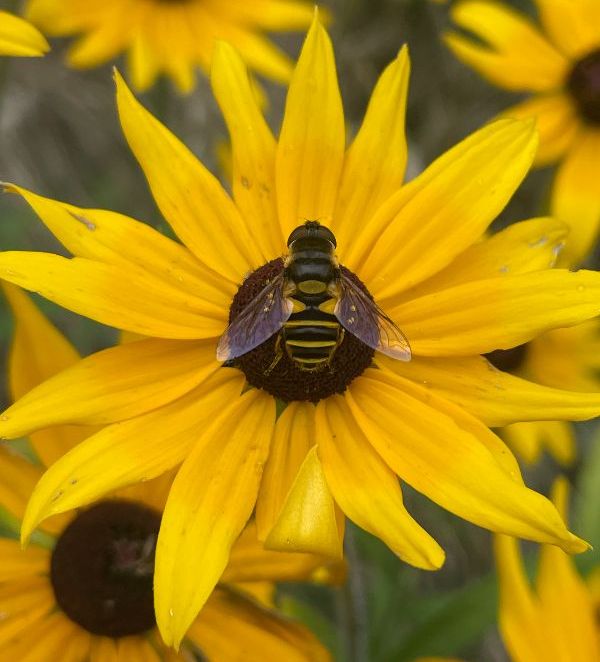
Pollinator Group Spotlight & Other Resources
For each newsletter, we will spotlight a local or regional pollinator group working hard to protect pollinators and their habitat. To nominate a group, please email: pollinatorcoordinator@nofamass.org.
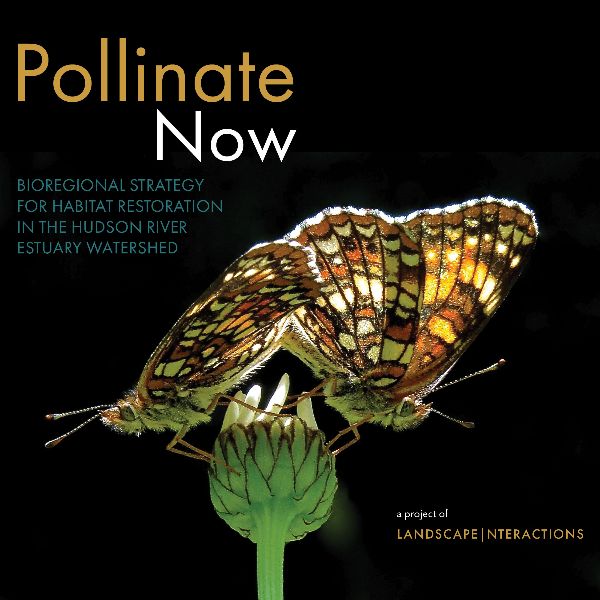
Landscape Interactions has just published Pollinate Now, the largest pollinator corridor plan in the United States. The project involves 51 communities in the Hudson Valley, targets 95 at-risk pollinator species and offers four scalable, replicable landscape designs featuring 150 species of native plants. The project is available as a free PDF download as well as a 200 page illustrated book offered at cost.

Check out these tips for “How to Get Your Garden Through Summer Heat,” written by Sarah Want, Kim DeAndrade, and Jean Devine of the Mystic Charles Pollinator Pathways Group and published by Belmont Citizens Forum.
Book Review : Nature’s best hope
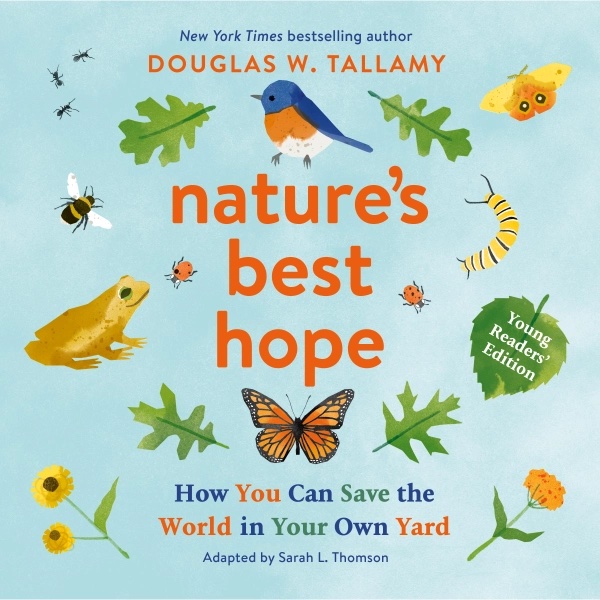
In the Young Reader’s Edition of his groundbreaking book, Nature’s Best Hope, Doug Tallamy begins immediately by having kids look outside to realize they are a part of nature and it is all around them. Chapter by chapter he briefly covers environmental history and the problems faced by nature in our modern world. He introduces the reader to different plants and animals, their important interactions, and what conditions they need to thrive. Through knowledge and projects, Tallamy empowers kids to use their own yards to help combat the negative effects of environmental changes.
In the conversational way he has in his videos, he breaks down complex concepts into simple terms and real-world examples to which kids can relate. Some of the many photos are of the fascinating forms caterpillars take to camouflage themselves, as well as some of the things readers will begin to see in their own nature park. Tallamy encourages kids to take direct action, giving them a hand in positively influencing our collective future, empowering them to be Nature’s Best Hope.
This book should be an essential tool in teaching kids to realize the necessity of a thriving natural world and, most importantly, that their actions can contribute to restoring and preserving the systems which give it life. In a world disturbed by climate disasters and species decline, young people can become despondent about their future. By giving them ways to create and observe renewal in nature they will gain hope for themselves and their future.
Although the reading level is late elementary through high school, the concepts in this book can be shared with toddlers and up, and give essential knowledge and empowerment to each of us living on earth.
Nature’s Best Hope, Young Reader’s Edition, is published by Timber Press and can be ordered from your local book seller or online. The paperback edition is about $9.00. A 50% discount on orders of 15 copies or more is given by Storey Publishing. Contact: tricia.denault@hbgusa.com
Review by Anna Hanchett

